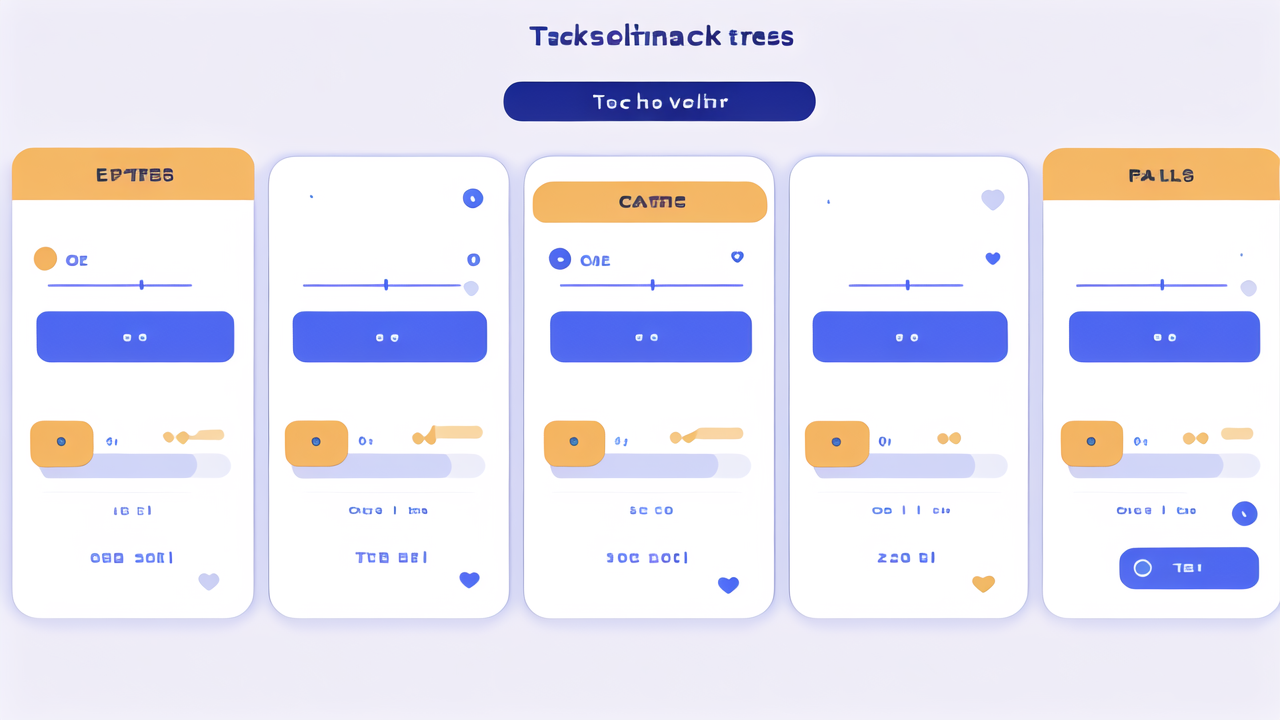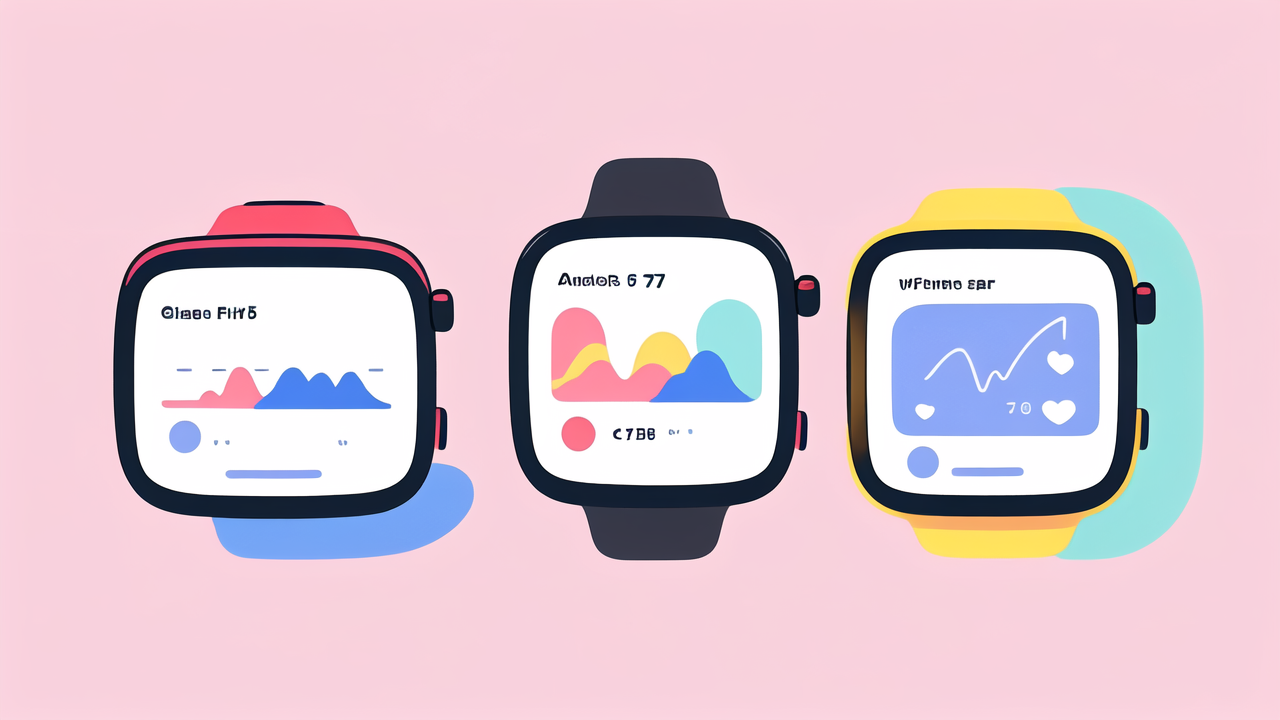Understanding the Importance of Fitness Tracking
The Role of Fitness Trackers in Health and Wellness
Fitness trackers have become essential tools in our quest for better health. They're more than just fancy watches. These devices help us monitor our daily activity, sleep patterns, and overall wellness.

Trackers provide real-time data about our bodies. This info can motivate us to move more and make healthier choices. They remind us to stand up, take walks, and stay active throughout the day.
Many trackers also monitor heart rate and stress levels. This data can alert us to potential health issues early on. By tracking our stats over time, we can see our progress and set realistic goals.
Fitness trackers aren't just for athletes. They're for anyone who wants to improve their health. Whether you're trying to lose weight, sleep better, or just be more active, a tracker can help.
How Fitness Tracking Can Influence Fitness Regimens and Results
Fitness trackers can revolutionize your workout routine. They provide detailed insights into your exercise habits. This data helps you tailor your workouts for better results.
Many trackers can recognize different types of exercises. They can count reps, measure intensity, and estimate calories burned. This info helps you track your progress and adjust your routine as needed.
Some trackers offer guided workouts or training plans. These features can act like a personal trainer on your wrist. They can push you to work harder and achieve your fitness goals faster.
Tracking your workouts over time can be incredibly motivating. Seeing your progress in numbers can inspire you to keep going. It can also help you identify areas where you need to improve.
Fitness trackers can also help prevent overtraining. By monitoring your heart rate and recovery time, they can tell you when to push harder or take a rest day.
Key Features to Look for in a Fitness Tracker
Advanced Metrics: Beyond the Basics of Body Measurement
Modern fitness trackers offer more than just step counts and calorie estimates. They provide advanced metrics that give a deeper understanding of your health and fitness.

Some trackers measure VO2 max, which indicates your cardiovascular fitness. Others track your blood oxygen levels, which can be useful for altitude training or detecting sleep issues.
Many devices now offer stress tracking features. They measure your heart rate variability to estimate stress levels. Some even provide guided breathing exercises to help you relax.
Advanced sleep tracking is another key feature. Some trackers can detect different sleep stages and provide detailed sleep quality scores. This data can help you improve your sleep habits.
Body composition analysis is becoming more common in high-end trackers. These devices can estimate your body fat percentage, muscle mass, and bone density.
Integration with Other Fitness Tools and Apps
The best fitness trackers don't work in isolation. They integrate with other apps and devices to provide a complete fitness ecosystem.
Many trackers sync with popular fitness apps like MyFitnessPal or Strava. This allows you to combine your activity data with your diet and nutrition info.
Some trackers can connect to smart scales or blood pressure monitors. This integration provides a more comprehensive view of your health.
GPS integration is crucial for runners and cyclists. It allows for accurate tracking of outdoor activities without needing to carry a phone.
Some trackers can control smart home devices. For example, they might adjust your thermostat based on your sleep patterns.
Music control is another handy feature. Many trackers let you control your phone's music playback during workouts.
Data Accuracy and User Experience
The value of a fitness tracker lies in its accuracy. Look for devices that have been tested against medical-grade equipment.
Heart rate monitoring should be consistent and accurate. Optical sensors work well for most people, but chest straps are often more precise.
Step counting algorithms should be sophisticated enough to avoid counting false steps. The tracker should also accurately detect different types of movement.
Battery life is a crucial factor in user experience. Some trackers need daily charging, while others can last weeks on a single charge.
The companion app is just as important as the device itself. It should be user-friendly and provide clear, actionable insights from your data.
Water resistance is important for swimmers or those who don't want to remove their tracker in the shower. Look for devices with at least 5 ATM water resistance.
Top Fitness Trackers on the Market
Reviewing Popular Fitness Trackers and Their Unique Features
Fitbit Versa 3: Known for its excellent sleep tracking and long battery life. It offers built-in GPS and a wide range of health metrics.

Apple Watch Series 7: Offers comprehensive health tracking and seamless integration with iPhones. It excels in smartwatch features.
Garmin Fenix 7: A rugged, multisport GPS watch with advanced training features. It's ideal for serious athletes and outdoor enthusiasts.
Whoop Strap 4.0: Focuses on recovery and strain metrics. It's subscription-based and popular among professional athletes.
Oura Ring: A discreet ring that excels in sleep tracking and recovery metrics. It's perfect for those who prefer minimal wearables.
Recommendations for Different User Groups
For beginners: The Fitbit Charge 5 offers a good balance of features and ease of use. It's affordable and provides robust health tracking.
For runners: The Garmin Forerunner 955 offers advanced running metrics and excellent GPS accuracy. It's a favorite among serious runners.
For swimmers: The Apple Watch Series 7 or Garmin Swim 2 are both excellent choices. They offer accurate swim tracking and water resistance.
For those focused on overall health: The Withings ScanWatch provides ECG and blood oxygen monitoring along with fitness tracking.
For style-conscious users: The Fitbit Luxe or Samsung Galaxy Watch 4 offer sleek designs without compromising on features.
Upcoming Trends in Fitness Tracking Technology
Non-invasive glucose monitoring is on the horizon. This could be a game-changer for diabetics and those interested in metabolic health.
Improved sleep tracking is a focus for many brands. We may see more devices offering detailed sleep stage analysis and sleep apnea detection.
AI-powered health insights are becoming more sophisticated. Future trackers may offer personalized health recommendations based on your data.
Stress management features are likely to expand. We may see more trackers offering guided meditation or breathing exercises.
Integration with virtual reality fitness programs could be the next big thing. Imagine your tracker guiding you through a VR workout!




Leave a comment
This site is protected by hCaptcha and the hCaptcha Privacy Policy and Terms of Service apply.